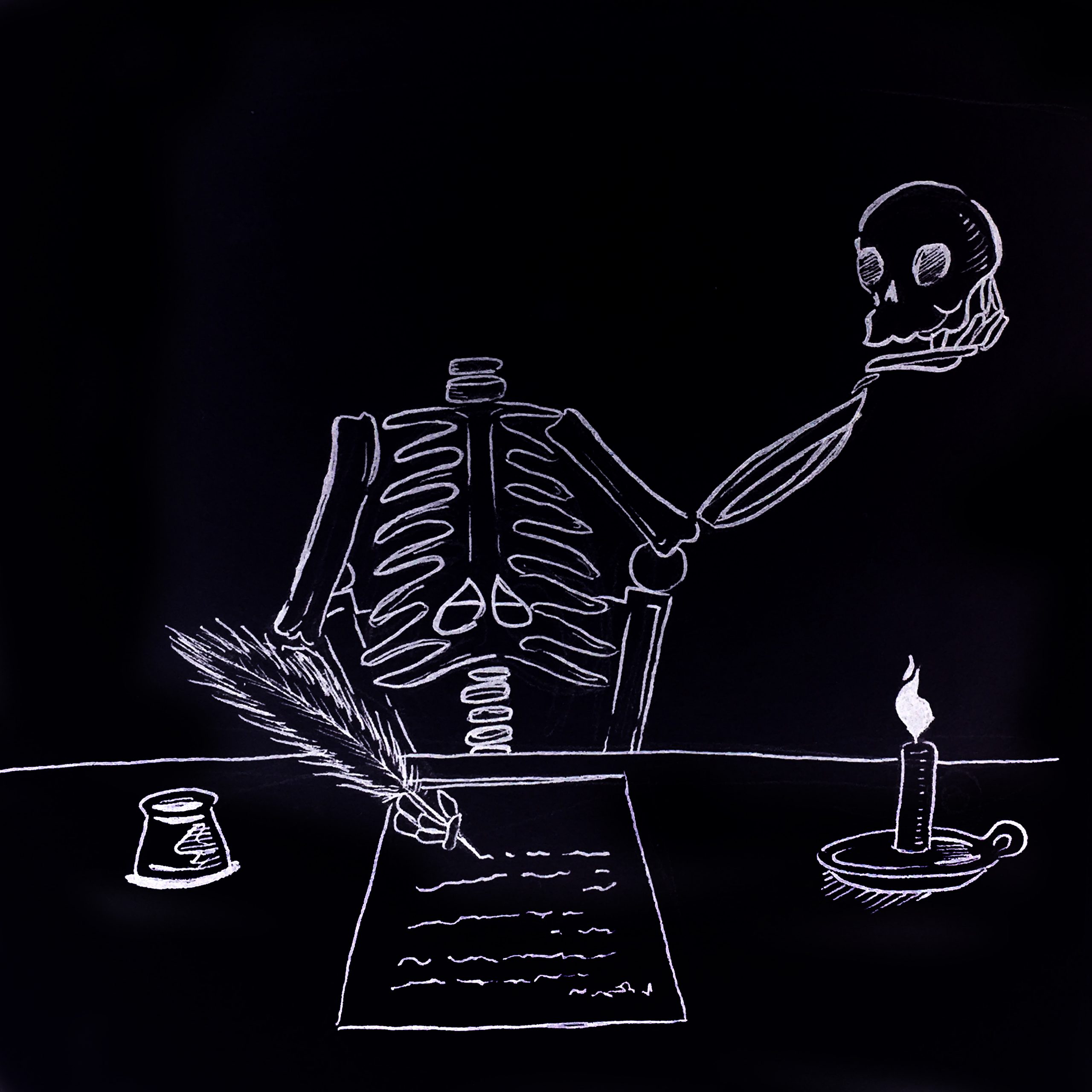Caryl Churchill is not afraid to confront contentious topics. Her work explores power, colonialism, feminism and essentially shines a light on the voices of the oppressed and marginalised. Her genius however, lies in making these difficult discussions enjoyable to watch. She is unarguably one of the great female playwrights of recent history. Having written over 30 plays, Churchill is as prolific as she is wide-ranging in her themes.
Starting her career with radio plays in the 1960s, Churchill rose to prominence in the late 1970s as resident dramatist at the Royal Court Theatre and the opening of her Obie Award winning play Cloud Nine, a farcical exploration of imperialism and sexual oppression.
She has continued to pour out successful and thought-provoking work as well as prominent productions of her older pieces, introducing them to new audiences. Heavily influenced by Brecht, Churchill rejected realism early on in her career, along with linear timelines and traditional suspenseful story telling. This can make her work almost impossible to read but brilliant to watch.
She favours a more episodic and symbolic style, often using short mosaic-like scenes to build up a picture of the world she has created rather than a chronological story with one protagonist. This is epitomised in her recent play, Love and Information, which opened at the Royal Court Theatre in 2012, and lacks any formal plot line. It is instead a collection of 57 fragmented scenes, the shortest of which is only 25 seconds, and includes around 100 characters. The impact of the show is, as Michael Billington of The Guardian put it, “a deep sense of political and personal unease about a society in which speed of communication replaces human connections.” This is typical of Churchill as she often masks a disquieting concept under a humorous façade.
However, all of her plays do contain a socio-political resonance. In one of her most popular works, Serious Money, she satirises the vagaries of the stock market under Thatcher through rhyming couplets and genuine comedy. While her subject matter is weighty and her message clearly pointed, Churchill’s chief skill is her ability to provide her audience with much needed levity.
No discussion of Caryl Churchill could continue without mentioning Top Girls, perhaps her most infamous play, where she explores the role of the modern woman struggling to decide between family or career independence.
The play begins with Marlene, the quintessential modern woman, at a dinner party with famous women throughout history. The scene initially champions the success and struggles of these six women before disintegrating into a drunken mess. In contrasting this fantasy scene with a mundane contemporary one, Churchill juxtaposes dramatically different theatrical worlds. A technique she also utilised in Cloud Nine. In that play, the first and second half are set a hundred years apart, in 1879 and 1979 respectively. Churchill condenses time and uses the same set of characters, ageing them by only 25 years. This allows her to explore broader socio-political points in her work.
In recent years she has also become more interested in compressing plot and dialogue to the bare essentials.
Churchill has played a vital part in recent theatrical history, not only because of her revolutionary rejection of dramatic traditions but also her key portrayal of marginalised voices and vital socio-political debates.
Illustrated image: Kat Cassidy

